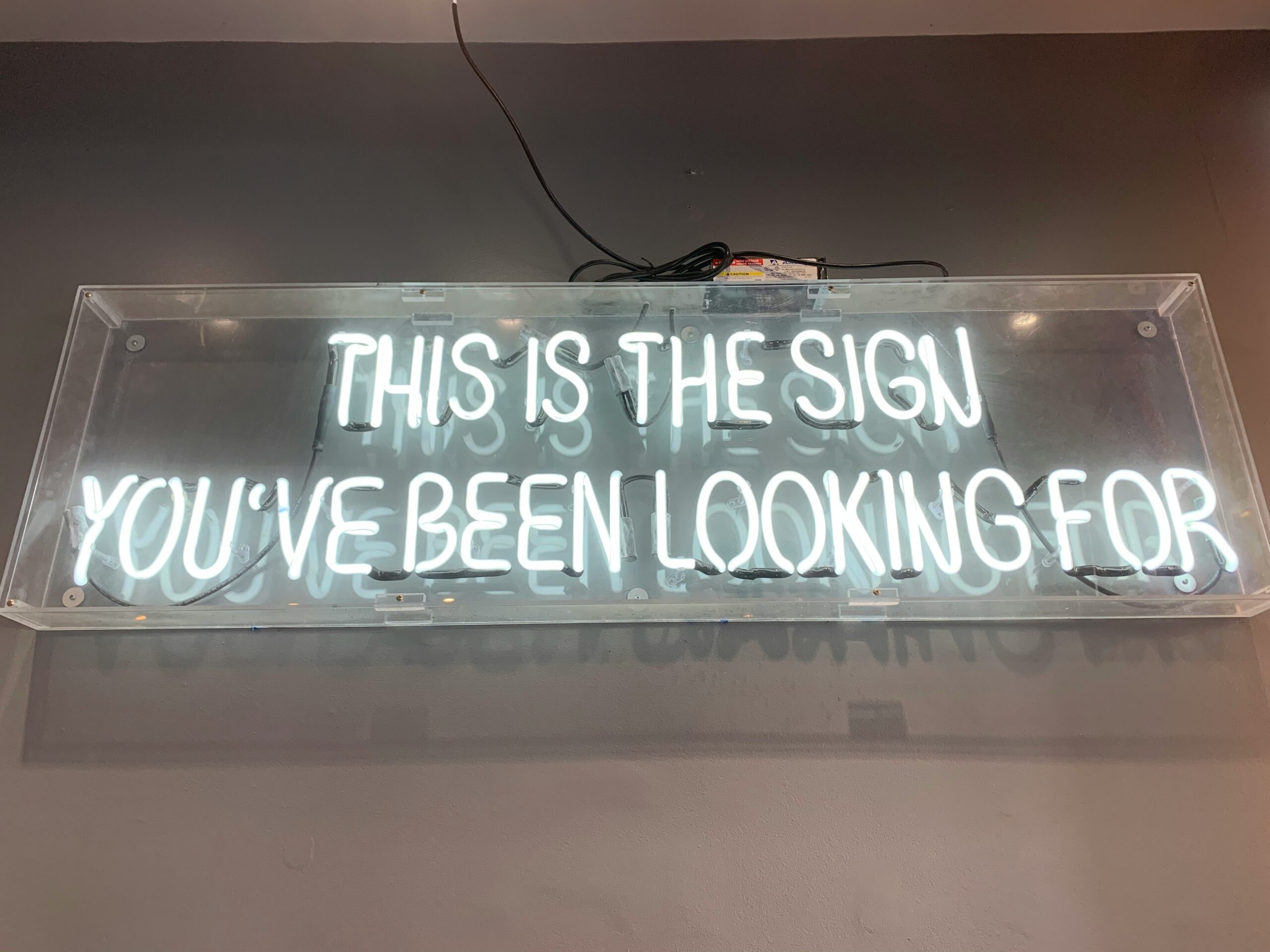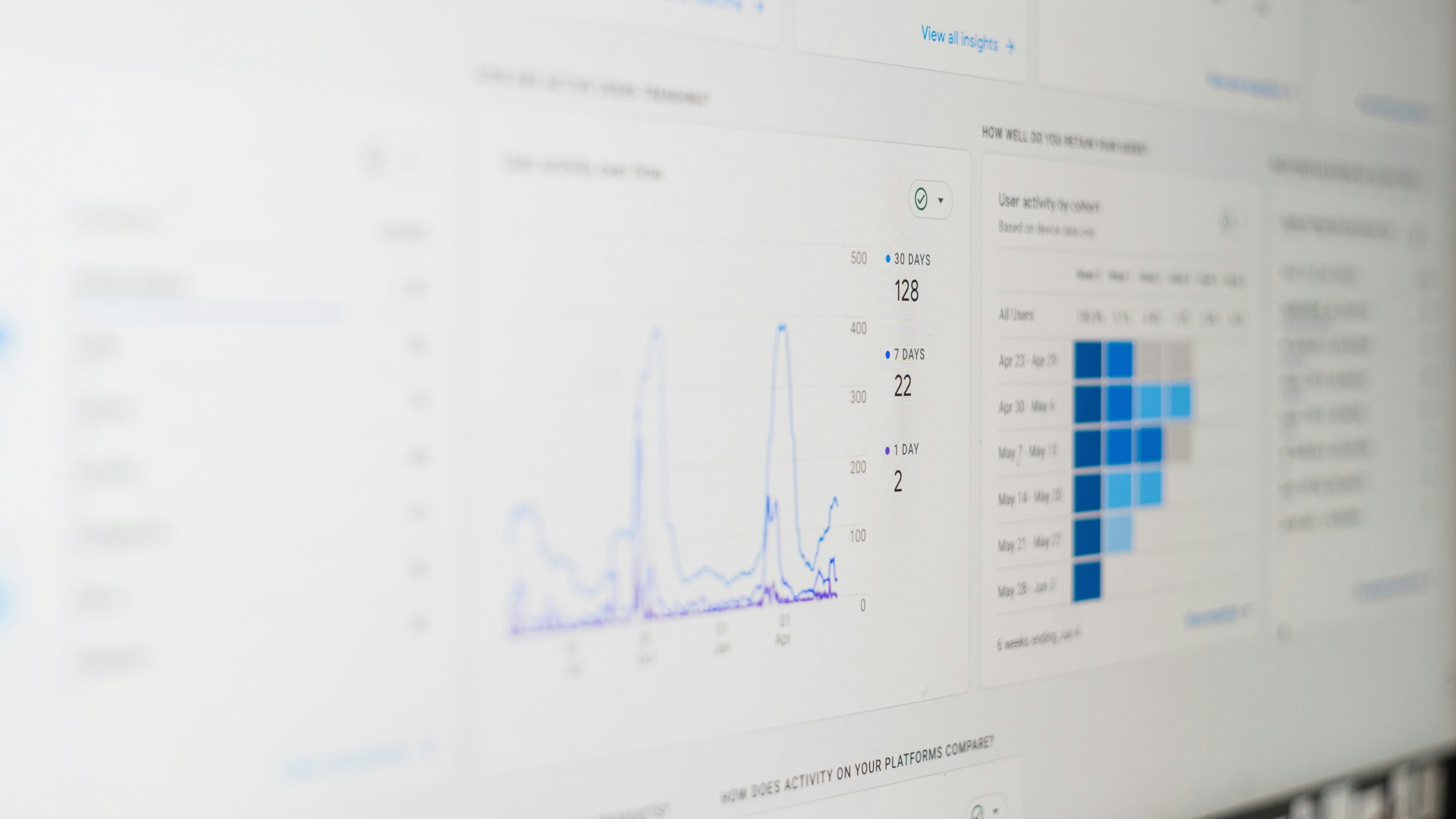The heart of effective SEO lies not only in content creation and link-building strategies but in the fundamental mechanics of crawlability in SEO and indexability in SEO. These two distinct yet intertwined elements form the groundwork on which ranking success is built. A clear understanding of SEO crawlability vs indexability empowers webmasters to resolve critical visibility issues and propel their sites higher in search results. This guide breaks down the basics, explores typical pitfalls, and offers actionable guidance for optimising both crawlability and indexability.
What is Crawlability?
Crawlability in SEO refers to a search engine’s ability to access and navigate the pages of a website. Search engine bots – commonly called crawlers or spiders – systematically traverse the web, following links and fetching pages to be processed. If a bot cannot reach or read your content, it cannot evaluate or present it in search results.
Factors affecting crawlability include:
- Internal linking structure
- Robots.txt directives
- Site errors (such as 404 or 500 codes)
- Server reliability and speed
Optimal crawlability ensures that all valuable pages are discoverable by search engines, laying the foundation for further improvements.
What is Indexability?
Indexability in SEO is the ability of a webpage, once crawled, to be stored in and included within a search engine’s index. If a page is not indexed, it won’t appear in search results, regardless of the quality of its content or its relevance.
Website indexability explained simply means that the page:
- Is accessible to crawlers
- Is not restricted by meta robots tags (like “noindex”)
- Isn’t blocked via header directives
- Is free from canonical issues or duplicate content signals
Effective indexability signifies that your intended pages are eligible to compete for rankings in SERPs.
The Role of Crawlability in SEO
Crawlability acts as the search engine’s gateway to your website. Without proper crawl mechanisms, even the most beautifully crafted pages can remain invisible to Google and Bing.
How Search Engines Crawl
Search engines deploy “spiders” to begin at a known URL (such as your homepage) and travel through every accessible link. If your site has a logical, flat structure – where each important page can be reached in just a few clicks – crawlers are more efficient and thorough. Haphazard internal linking or “orphan” pages (those with no links pointing to them) dramatically reduce their chances of being seen and considered.
SEO fundamentals crawlability dictate that:
- Internal links are clear and abundant
- Navigation is accessible in both desktop and mobile formats
- Sitemaps are accurate and up-to-date
How Indexability Affects Your Search Rankings
A site brimming with non-indexed content will languish in obscurity, regardless of its utility. Indexability decides which pages can actually rank for a search query.
What Determines Indexability?
- Meta Robots Tags: Placing “noindex” on a page bars it from the index. Strategic use is wise, but accidental implementation can devastate your visibility.
- Canonicalisation: Misapplied canonical tags may signal that a different page should be indexed, causing the intended URL to be dropped.
- Duplicate Content: When multiple URLs show similar content, search engines often index only one, suppressing others from ranking.
- Accessibility: Pages requiring logins or displaying errors (like 404s) are skipped from indexing.
A robust index is a prerequisite for high rankings, but indiscriminate indexing can waste your crawl budget and dilute ranking signals. The goal is to index only relevant, valuable pages.
Common Issues That Prevent Crawlability and Indexability
Even experienced webmasters encounter errors limiting SEO crawlability vs indexability. Key pitfalls include:
- Blocked URLs via robots.txt: Overly restrictive files prevent essential pages from being crawled.
- Overuse of JavaScript: Critical navigation hidden within JavaScript may not render for all bots.
- Broken Internal Links: These halt crawler progress and strand important pages.
- Excessive Redirect Chains: Repeated redirects frustrate crawlers, affecting speed and crawl completeness.
- Incorrect “noindex” tags: Developers sometimes apply noindex during testing, then forget to revert changes.
- Poor mobile optimisation: Since Google’s “mobile-first” approach, inaccessible mobile versions can affect both crawlability and indexability.
Each of these issues directly or indirectly limits your competitors’ ability to find and index your pages.
Tools to Check Crawlability and Indexability
Digital marketers and technical SEOs have numerous tools at their disposal to diagnose and resolve visibility issues:
- Google Search Console: Reveals index coverage errors, sitemaps, and crawl stats.
- Bing Webmaster Tools: Offers alternate perspectives on crawlability in SEO.
- Screaming Frog SEO Spider: Crawls your entire site, surfacing broken links, blocked URLs, and improper tags.
- Sitebulb: Delivers advanced visualisation of crawling paths and indexing issues.
- Ahrefs/Semrush: Identify indexing gaps, crawl reports, and site health issues.
- Robots.txt Tester and Meta Tag Analysis Tools: Check directives that impact both crawling and indexing.
Routine use of these platforms uncovers latent problems and allows rapid correction.
Best Practices to Improve Crawlability
Optimal SEO crawlability depends on both site structure and technical hygiene:
- Create a logical, shallow hierarchy: Position your important pages within three clicks from the homepage.
- Maintain a current XML sitemap: Submit this to search engines to highlight valuable pages.
- Fix broken internal links: Regularly audit and repair dead ends.
- Avoid unnecessary parameter URLs: Excessive query strings confuse crawlers and split crawl attention.
- Use robots.txt carefully: Block only non-essential, private, or duplicate content – not important landing pages.
- Minimise page load times: Fast pages ensure more thorough crawls within your allowed crawl budget.
Each enhancement speeds discovery and maximises the number of high-value pages seen by crawlers.
Strategies to Enhance Indexability
Enhancing indexability in SEO requires communicating clearly to search engines which pages matter most.
- Audit meta robots tags: Apply “index, follow” to all core pages; reserve “noindex” for archives or thank-you pages only.
- Avoid duplicate content: Use canonical tags judiciously to guide search engines to the preferred version.
- Ensure clean, search-friendly URLs: Simple, descriptive URLs foster indexation and user understanding.
- Leverage structured data: Schema.org markup helps search engines interpret and display your content attractively.
- Monitor and fix crawl errors: Resolve soft 404s, 500 errors, and other issues promptly.
- Limit thin or low-quality pages: Focus the index on pages that offer original insight or critical business utility.
Proactive control leads to a lean, potent website – one well-positioned for rewarding rankings.
Conclusion
Mastering how search engines crawl and index your site is indispensable for securing search visibility. Both crawlability in SEO and indexability in SEO represent foundational components of any successful optimisation plan. By understanding and refining these elements – informed by tools, best practices, and vigilant auditing – webmasters and marketers unlock their site’s true ranking potential. Efficient crawling and strategic indexation equip your digital presence to reach its intended audience every time a relevant query is entered, shaping success in the UK’s vibrant search ecosystem.






